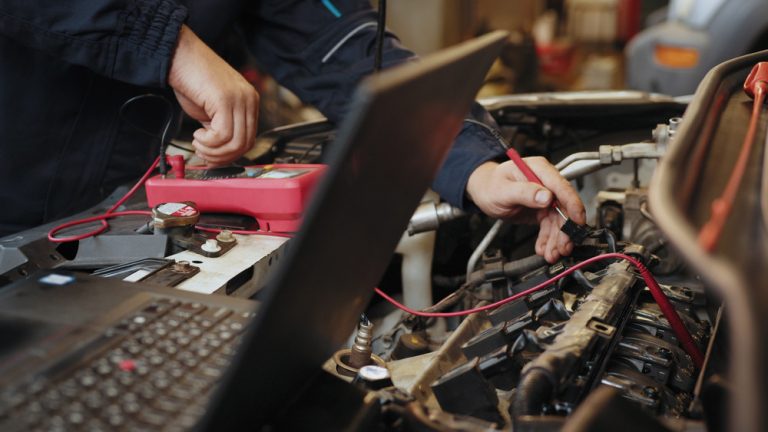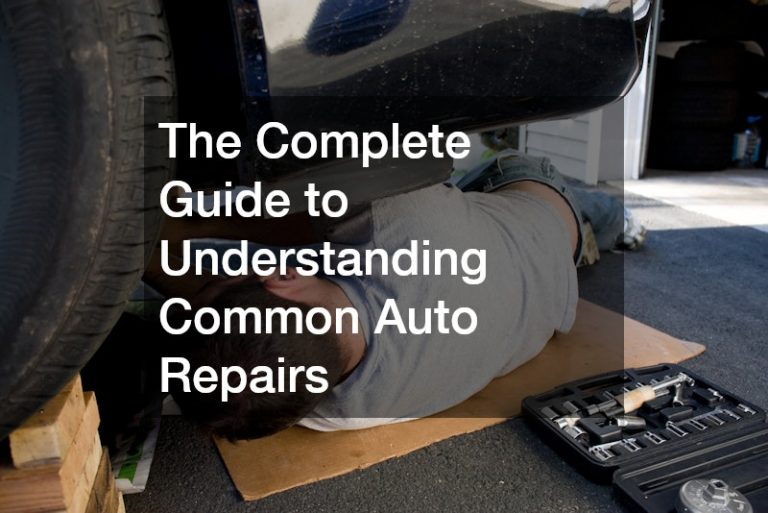
Anyone who has ever owned a car knows the dread that accompanies the check engine light. Whether your car was made six months ago or is a third-generation hand-me-down, the glowing light carries with it a foreboding sense of doom and uncertainty: is it a simple air conditioning problem, or does your transmission need to be replaced? Do you need to stop at a tire shop to fill your low tires, or is your engine about to literally fall out from under your car?
Because of the panic that the check engine light settles in the pit of your stomach, many people are inclined to simply ignore it; maybe they don’t have the money available for whatever the fix might be, or maybe they think if they pretend it doesn’t exist, it won’t. The sad truth of the matter is that ignoring it, no matter how better you (and your wallet) may feel, is never the right choice.
Responsibility On The Road
Did you know that mechanical factors play a role in 12% to 13% of all auto accidents? If your check engine light comes on due to a major problem — such as the wearing of your belts and hoses, or the depletion of your vehicle’s oil and fluids — you put yourself at serious risk of an accident. More than that, you put innocent drivers that are sharing the road with your stubbornness; if your car breaks down going 65 mph on the Thruway, odds are it’s bringing someone else down with it. Remember: denial may be a river in Egypt, but it has no place on the road.
Taking The Guesswork Out Of The Problem
Though the check engine light may still refer to a number of varying problems, most new cars are equipped with a more sophisticated onboard computer. In the days of old, your check engine light could refer to anything under the hood; now, there are certain lights for certain problems. You know right off the bat if your tire pressure is low, if you need an oil change, or if you need a new battery. Because of this clarity, people are able to establish an estimated cost before going to an auto shop for repairs which increases the chance that they will go in the first place.
The takeaway here is don’t neglect your dashboard lights. They’re there for a reason, and it’s in your best interest to get them checked out by a professional mechanic as soon as possible.




